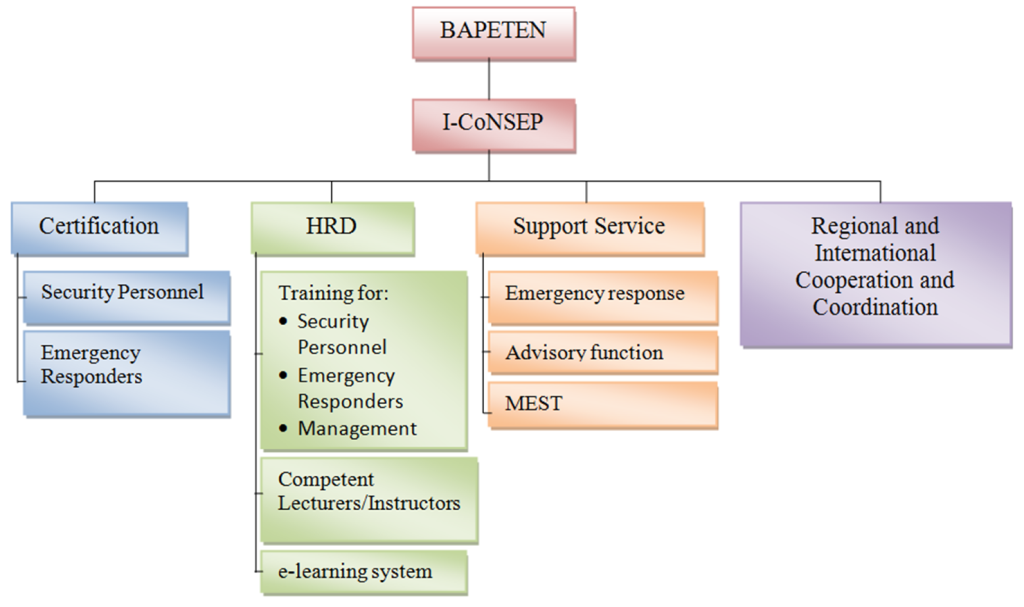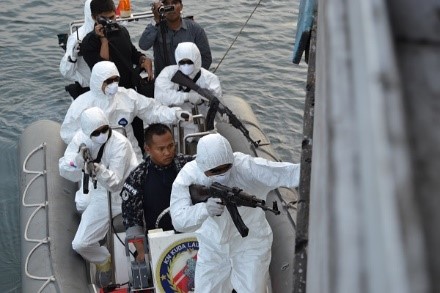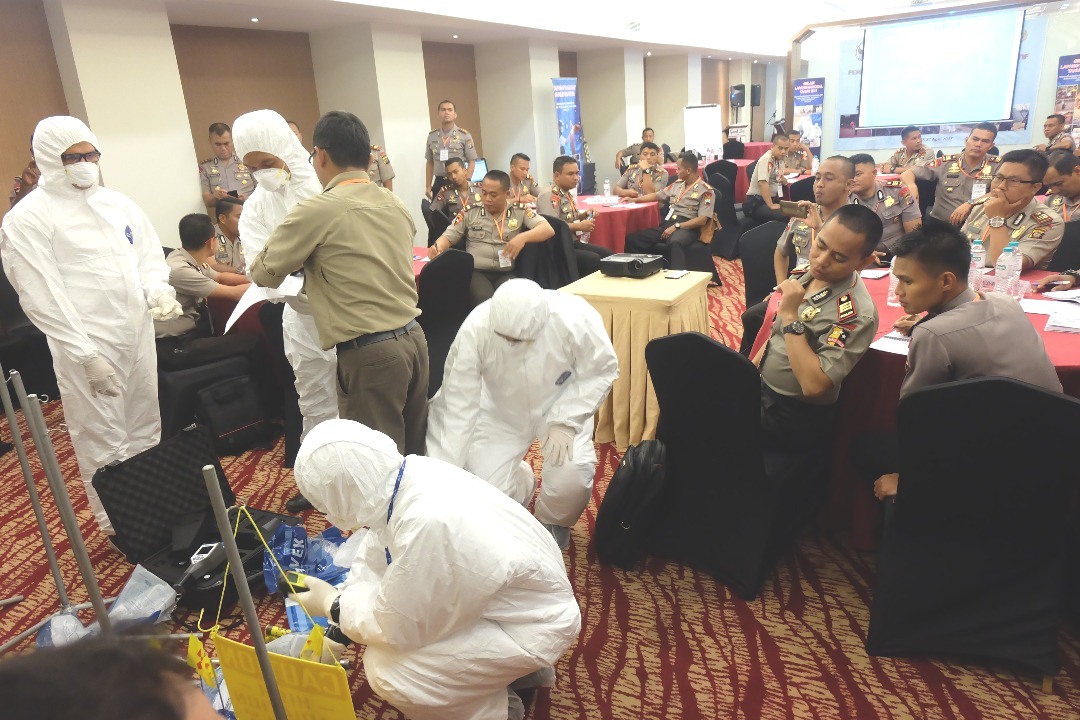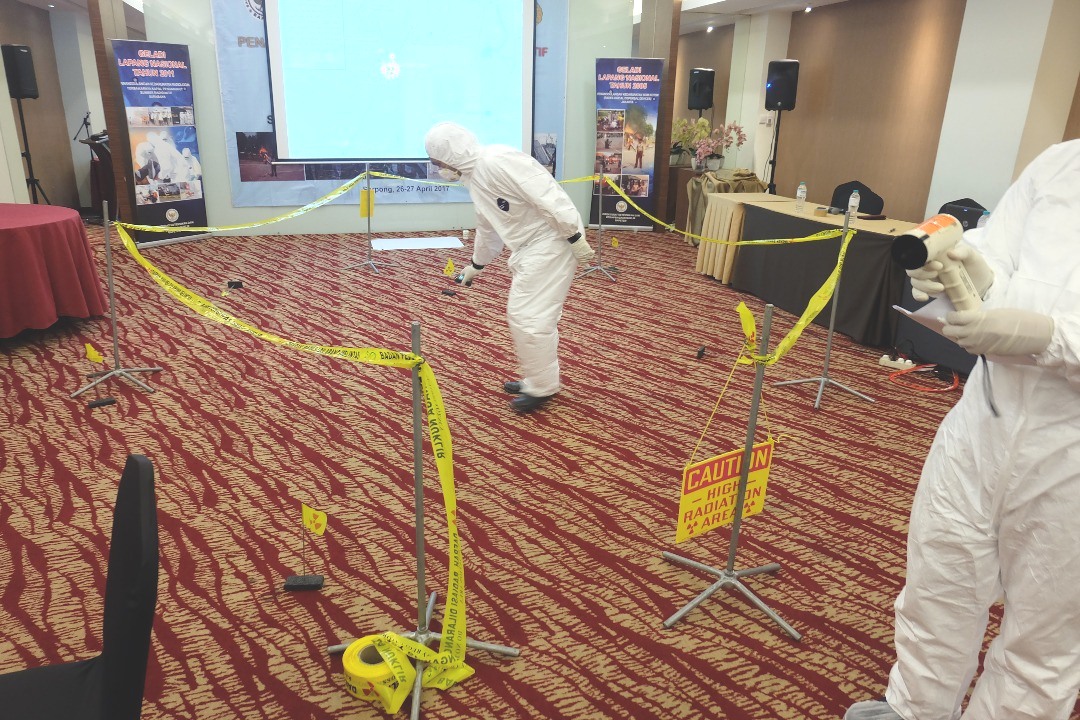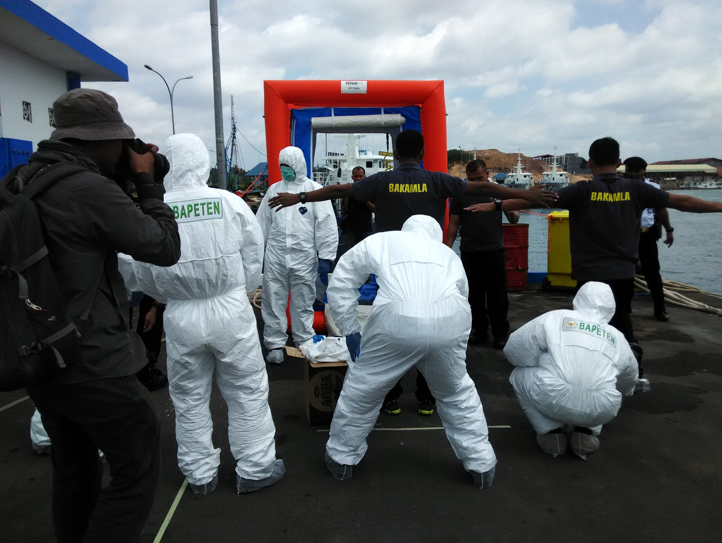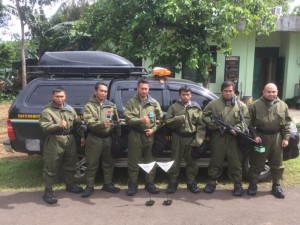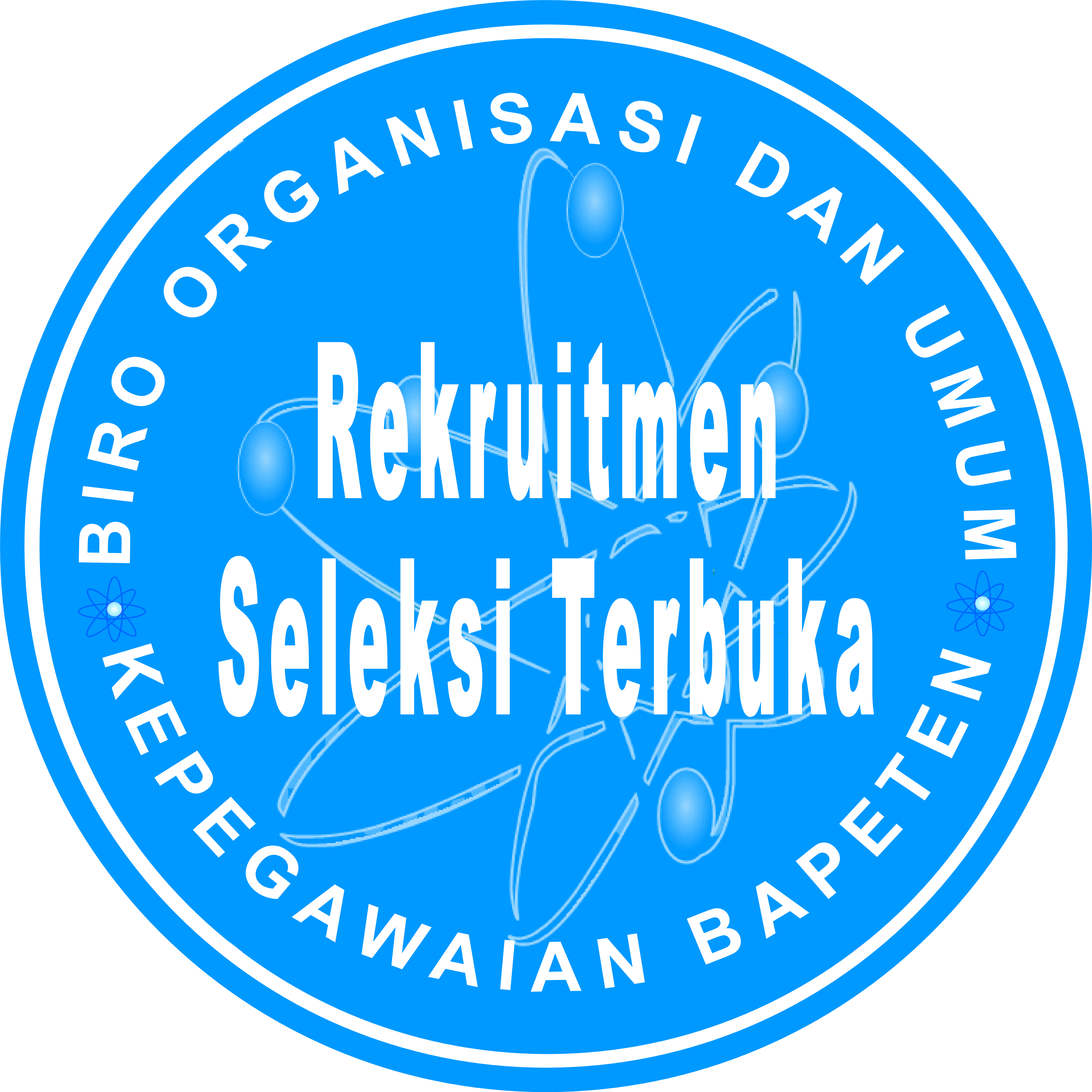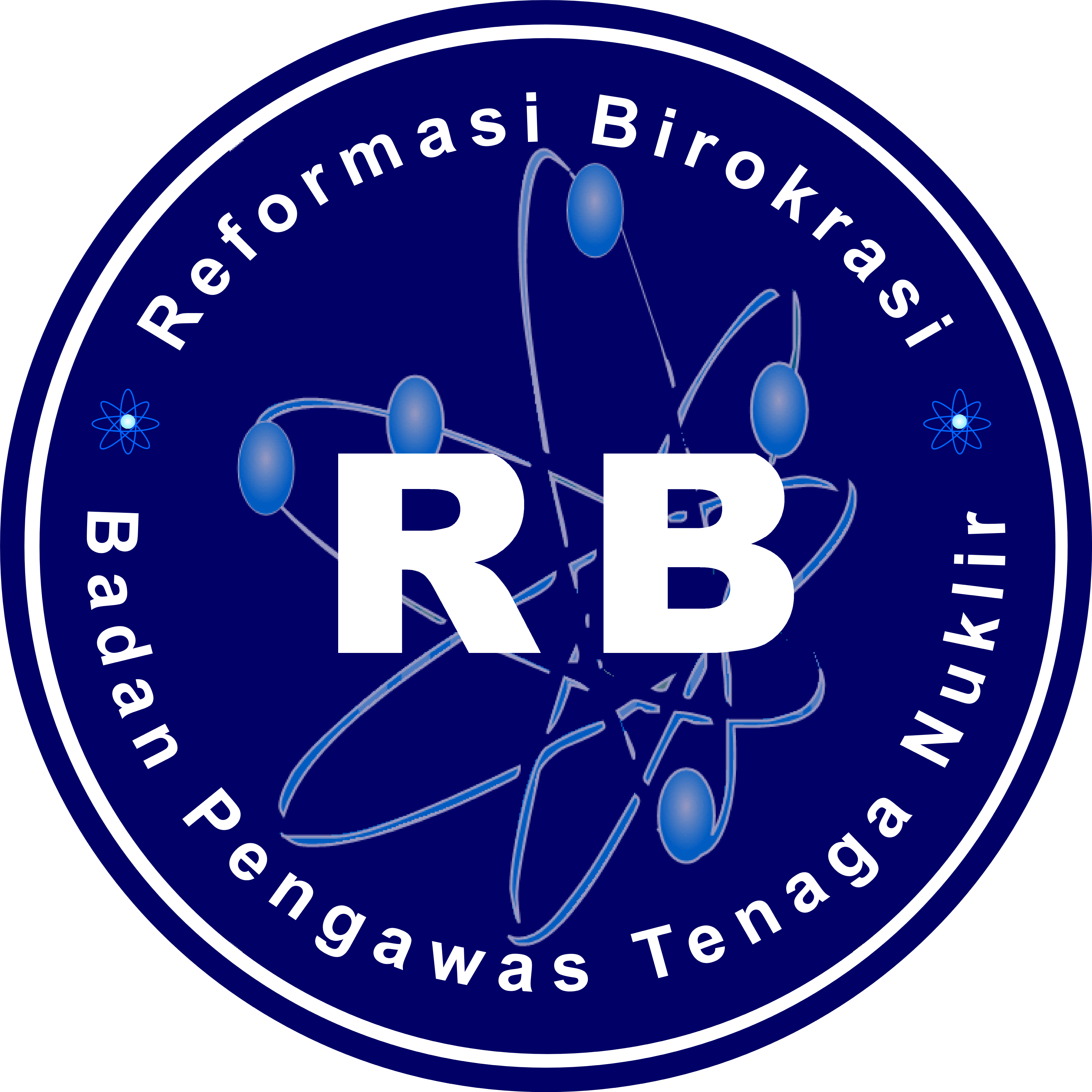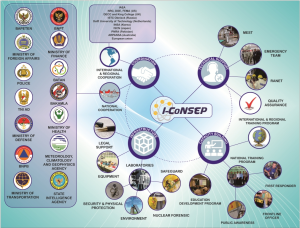 Indonesia, as an embarking country, has a great potential for development in near future. Gross Domestic Product (GDP) of Indonesia rose significantly from about USD 95 billion in 1999 to about USD 880 billion in 2013. It can be seen clearly from the fact that Indonesia economic condition grows significantly in a decade. This favourable circumstance creates a great demand of energy and technology for people welfare; on the other hand it also poses potential threats and risks to the safety and security of people.
Indonesia, as an embarking country, has a great potential for development in near future. Gross Domestic Product (GDP) of Indonesia rose significantly from about USD 95 billion in 1999 to about USD 880 billion in 2013. It can be seen clearly from the fact that Indonesia economic condition grows significantly in a decade. This favourable circumstance creates a great demand of energy and technology for people welfare; on the other hand it also poses potential threats and risks to the safety and security of people.
The Act No. 10 year 1997 on Nuclear Energy establishes clear separation between promoting and regulating activities. It also provides the mandate to the regulatory body to ensure safe, secure and peaceful use of nuclear energy. BAPETEN as the regulatory body of Indonesia takes the leading role in addressing the existing and future threats and risks related to nuclear material and other radioactive material and associated facilities and associated activities. BAPETEN shall coordinate national efforts to enhance the required national infrastructure to establish and sustain nuclear security and emergency preparedness and response. The Indonesia Centre of Excellence on Nuclear Security and Emergency Preparedness (I-CoNSEP) is therefore established to reflect the national commitment to fulfil the safety, security, and safeguards aspects in the use of nuclear energy.
It is understood that the risk of nuclear or other radioactive material in terrorist acts is regarded as a serious threat to national and international peace and security. Material out of regulatory control could lead to criminal or terrorist acts including: (i) criminals or terrorists acquiring and using nuclear material to build an improvised nuclear device (IND); (ii) deliberate dispersal of radioactive material by the construction of a radiological dispersal device (RDD) or radiation exposure device (RED); or (iii) an act of sabotage at a facility that uses or stores nuclear and other radioactive material, during transport of nuclear and other radioactive material; or (iv) protection of public in major events. Indonesia as an archipelagic country faces an enormous operational challenge in implementing nuclear security measures due to an exceptionally long shoreline and numerous entry points, such as seaports, airports and land crossings. For material out of regulatory control, except for orphan sources, the law enforcement programme will be undertaken by relevant agencies, such as customs, police and attorney general. For materials in the facilities and orphan sources, BAPETEN undertakes the responsibility for law enforcement. Due to the nature of nuclear security regime, the involvement of relevant stakeholders, such as front line and law enforcement agencies, is necessary.
It is also recognised that the State shall establish arrangement for responding to a nuclear or radiological emergency. While the regulatory body requires the operators to arrange for emergency preparedness and response, the regulatory body must ensure that national emergency response is in place in dealing with radiological accident within or from outside the borders. Therefore, the involvement of relevant stakeholders is crucial in ensuring timely, effective and co-ordinated emergency response. In line with the economic development, the use of radioactive sources is also growing. Other neighbouring countries such as Vietnam and Malaysia have made concrete steps toward the nuclear power programme. In light of Fukushima accident, Indonesia needs to enhance its national level of preparedness and response for any nuclear and radiological emergencies.
To address the challenge, national capability in implementing nuclear security and emergency response and preparedness needs to be improved. A national co-ordination effort to establish a capacity building centre and technical and scientific support for nuclear security and emergency response is necessary. I-CoNSEP is expected to fulfil the needs for human resource development and the provision of support services for nuclear security and emergency response implementation at national level. Furthermore, I-CoNSEP shall take a bigger role in contributing the development and sustenance of nuclear security and emergency preparedness in the South East Asian Region.
As described above, the I-CoNSEP covers both nuclear security and emergency preparedness and response areas. The nuclear security areas include Nuclear Fuel Cycle and Materials; Radioactive Material and Associated Facilities and Activities; Transport Security; Detection Architecture and Capabilities; Response and Mitigation for Nuclear Security Events; Nuclear Forensics; and Information and Computer Security. The emergency preparedness and response areas encompasses Source Search and Recovery; Radiation Survey; Environmental Sampling and Analysis; Radiological Assessment and Advice; Decontamination; Medical Support; and Dose Assessment.
In order to control export and import of nuclear materials and/or radioactive sources, Indonesia has implemented Indonesia National Single Window (INSW) to prevent illicit traficking of nuclear material and/or radioactive sources.

